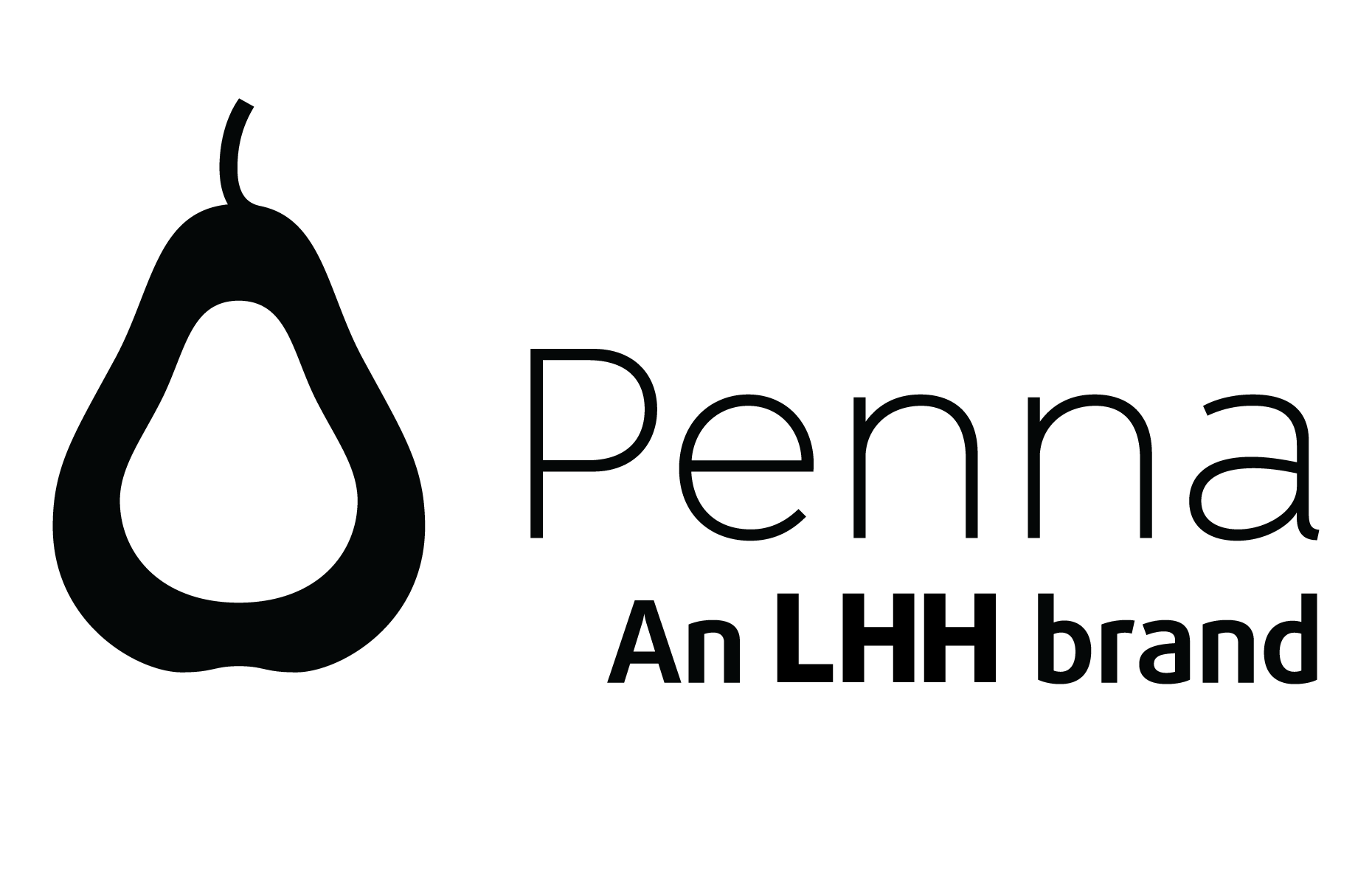Earlier this month Rachael Morris and Matthew Jones from our Executive Recruitment team had the pleasure of attending the CIPD Festival of Work Conference at the Excel Centre in London. The event consisted of two days of networking, collaborating, and exploring what the future of work looks like. It provided our team with an excellent opportunity to delve deeper into relevant topics that affect us all, such as Well-being, Leadership, Equality, Diversity, and Inclusion (EDI), Employee Experience and Employment Law. Rachael and Matthew share some of the highlights from the conference, and reflect on the importance of the Human Resources (HR) and Organisational Development (OD) profession during challenging and turbulent times for organisations in the public sector.
In recent years, the Health and Wellbeing agenda has come a long way, and is becoming ever more present in society and in the workplace. However, if not addressed in the right way, it continues to pose a great concern for employers. It was reported last year by AXA UK and the Centre of Economic and Business Research that Workplace Stress costs the UK economy around £28 billion a year. Dr Alex George argued that any situation where someone suffers in a workplace is avoidable, rendering the concept of Workplace Stress a needless concept. He also went on to suggest that it isn’t your job as a manager to fix someone, but instead to create an environment that is conducive with good health and that has good support structures. This should in theory remove stress and pressure on those managers. People are the backbone and core asset of any organisation and ensuring they are looked after properly must remain the utmost priority to all. Wellbeing certainly underpinned much of the conference’s message, and it was interesting to see how each of the other topics that we will cover in this article can make a direct impact on this important subject.
Chief Executive of Channel 4, Alex Mahon, spoke in detail about what Fearless Leadership means to her. Encapsulating authenticity, curiosity, and inclusivity at its heart, it’s about more than just decision-making. The need to be more authentic, particularly in a social media age, and understanding that different generations have different values and behaviours is so important. Therefore being curious and listening to others that you don’t agree with, which Alex argued is the biggest asset a leader can have, enables you to thrive and learn. Creating a culture that is inclusive, embedded and well planned (rather than an afterthought) is so important for business and something Alex believes drives Change at Channel 4. In the Public Sector, it’s clear for everyone to see that there are still huge challenges that organisations and communities face. The role of a Chief Executive can sometimes be referred to as lonely, but Alex suggests that this ‘Fearless Leader’ is an integral part of the machine, enabling organisations to develop, evolve and navigate the market.
Artificial Intelligence was also discussed throughout the conference as both an enabler, and also a concept that hasn’t yet been fully understood. Alex noted that there is a fear AI will replace jobs and creativity, but could still be used to enhance processes such a rewriting a job description. As this topic develops, make sure to keep an eye on Penna’s website and social media as we continue to bring you more on AI’s impact on the HR & OD practice.
Having five generations in the workplace can be challenging for both Leaders and the HR and OD profession, due to changing ideas on cultural norms and the persisting question of ‘what is work’. With such unprecedented access to information, the highly skilled fact-checkers of Generation Z (Gen Z) and Generation Alpha (Gen Alpha) are by far the most advanced in seeking different sources to support a story. In contrast, previous generations remember a time when fact-checking was less accessible, instead placing a stronger emphasis on reasoning with other’s arguments. This difference is interesting, particularly when it comes to debates and harmonising in teams. Having healthy conflict and respect for the different ways each generation processes information is a must. There is also a lot of harmony to be had between generations, so we should also remember to celebrate these similarities.
A well-known U.S. businessman, famous for space travel, controversially rebranding Twitter to ‘X’, and a rather distinct brand of cars, recently remarked on how ‘EDI must die’, and, in response, we at Penna launched a series of events called ‘EDI must live’. At the conference, Lutfur Ali, Senior Policy Advisor from the CIPD delivered an insightful workshop on whether organisations have already achieved EDI in the workplace. As expected, we still have so much to do. In his thought-provoking workshop, Lutfur challenged us to explore some of the reasons why we have yet to achieve EDI in the workplace, and some of the barriers that prevent us from doing so. One clear message was that we should not, and must not give up. While a lot of organisations have gone a long way in their aspirations for equality – our refocusing must be on achieving equity. Developing a shared understanding of what ‘Equity’ means has been a long-debated conversation between HR and EDI colleagues, causing the rest of the business to feel just a little bit baffled! Measuring quality through outcomes and impacts is critical and organisation’s should think about reframing their principles into Business, People, Social and Psychological Contract, and Delivery and Practice in terms of defining the culture they want and developing a shared understanding. One of Lutfur’s concluded slides said:
Diversity is a fact.
Inclusion, equity and positive action are acts.
Belonging is a pact!
Equality is measured through outcomes and impact.
Equality is a state of being – a way of life!
Now that a new Government has been formed, new policies and Manifesto promises will be worked through by our Civil Servant colleagues. This looks likely to see a significant shift in Employment Law changes as the plan by the Labour Government is to ‘make work pay’. Legislation in Parliament could happen as quicky as 100 days after Friday 5th July. HR practitioners will need to be one step ahead of the game in understanding exactly what some of the changes will mean for practice, policy, and procedures if or when the law changes. Pay will have a focus with the Manifesto plan to remove age bands and making the National Minimum Wage reflect the cost of living. Day-one rights are looking to be strengthened, and more family friendly policies are in thought. Statutory sick pay is also up for review as well as a ban on zero hours contracts, publishing equality pay gaps, reviewing trade union legislation, and ending ‘fire and rehire’ – or Dismissal and Re-engagement as it’s often referred to.
Employee Experience is at the front of HR and OD practitioners’ minds, as it’s the one thing that leaders are promoting to attract and retain talented people. Inspired by tools, models and opportunities to develop further thinking, authors of the book ‘Employee Experience (EX) by Design’ Emma Bridger and Belinda Gannaway, gave some amazing insights before the session closed for the first day. With the nature of employment being cyclical, breaking up the EX landscape is critical. With design thinking being at the very centre of the EX, Emma and Belinda offered a myriad of tools and techniques to help HR and OD professionals address it in a completely different way. Journey mapping and employee personas can help to deepen understanding, linking in with Alex Mahon’s earlier point on fearless leadership. Emma and Bridget also talked about developing an experience mindset by:
1) being curious,
2) having empathy
and
3) getting experimental.
The key quote for reflection on your employee experience goes to Maya Angelou – “they will forget what you said, they will forget what you did but they will never forget how you made them feel”.
So… just a few things to keep HR and OD professionals busy over the coming years! We look forward to partnering with them alongside the PPMA as we navigate change!
Rachael Morris is Senior Consultant in Penna’s Executive Search practice and Matthew Jones is Associate Director of Penna’s Executive Interim practice. They are both national leads for recruitment in the HR and OD profession. They work to celebrate the added value HR and OD practitioners bring to organisations through their thought leadership, future webinars and blogs. To learn more about how Penna can help you with any recruitment needs, contact our team at info@penna.com.
Rachael Morris – Senior Consultant, Executive Search

LinkedIn: Rachael Morris
Email: Rachael.Morris@Penna.com
Matthew Jones – Associate Director, Executive Interim

LinkedIn: Matthew Jones
Email: Matthew.Jones@Penna.com




